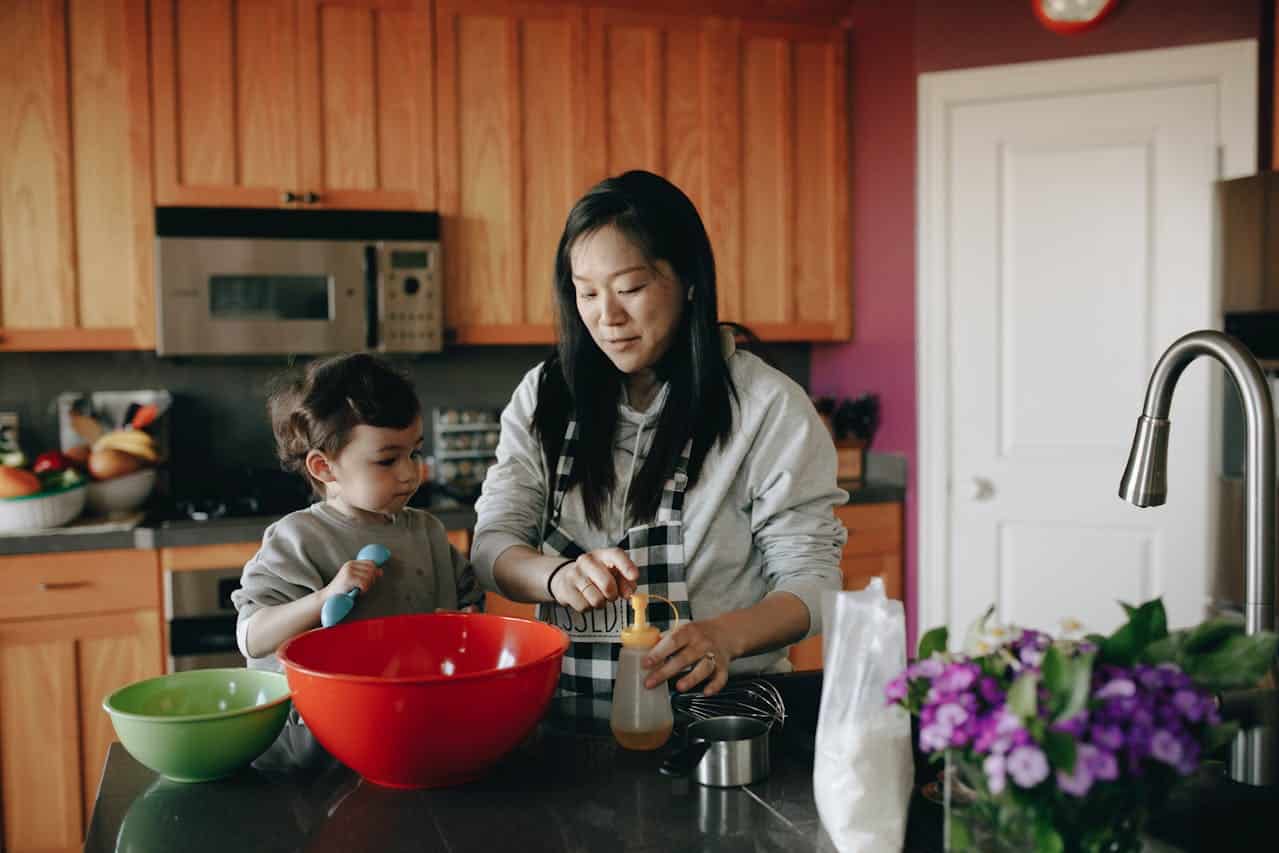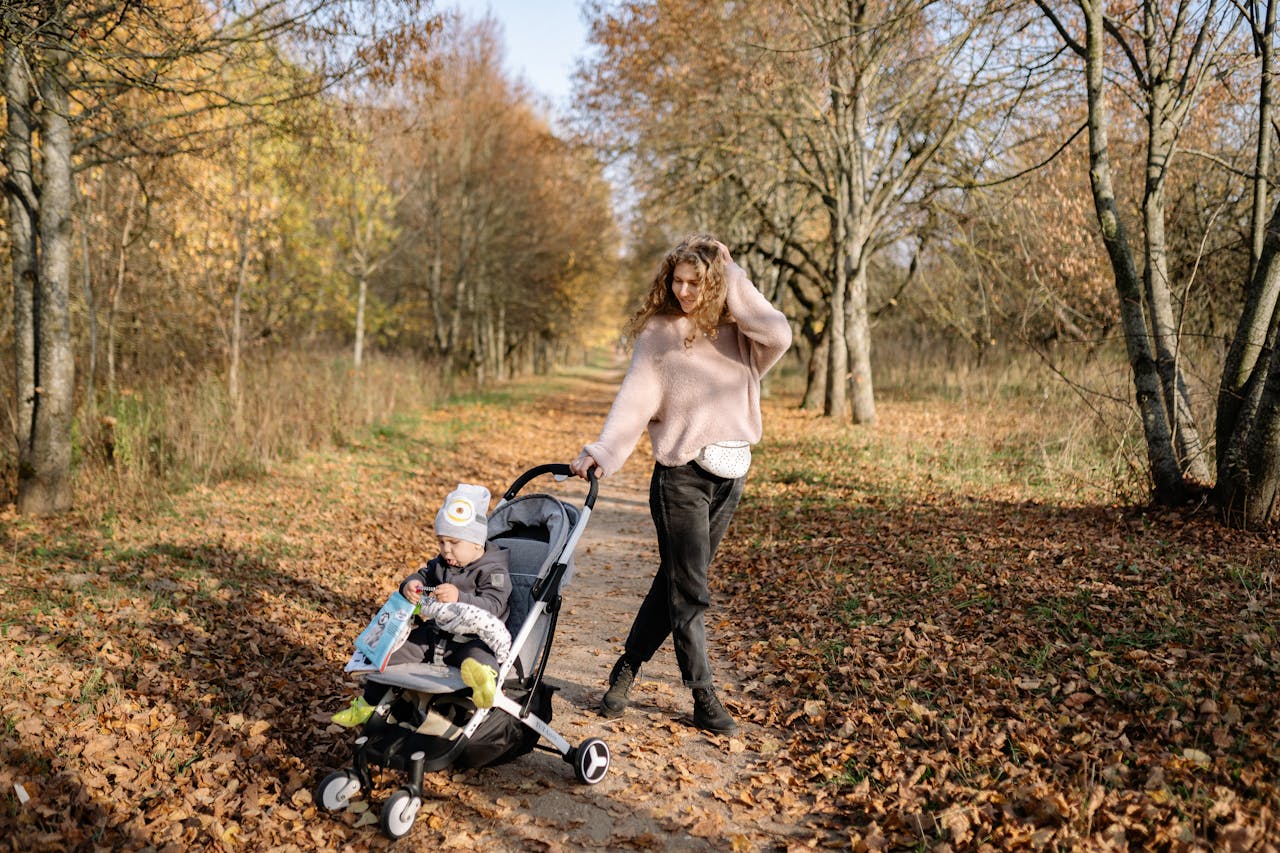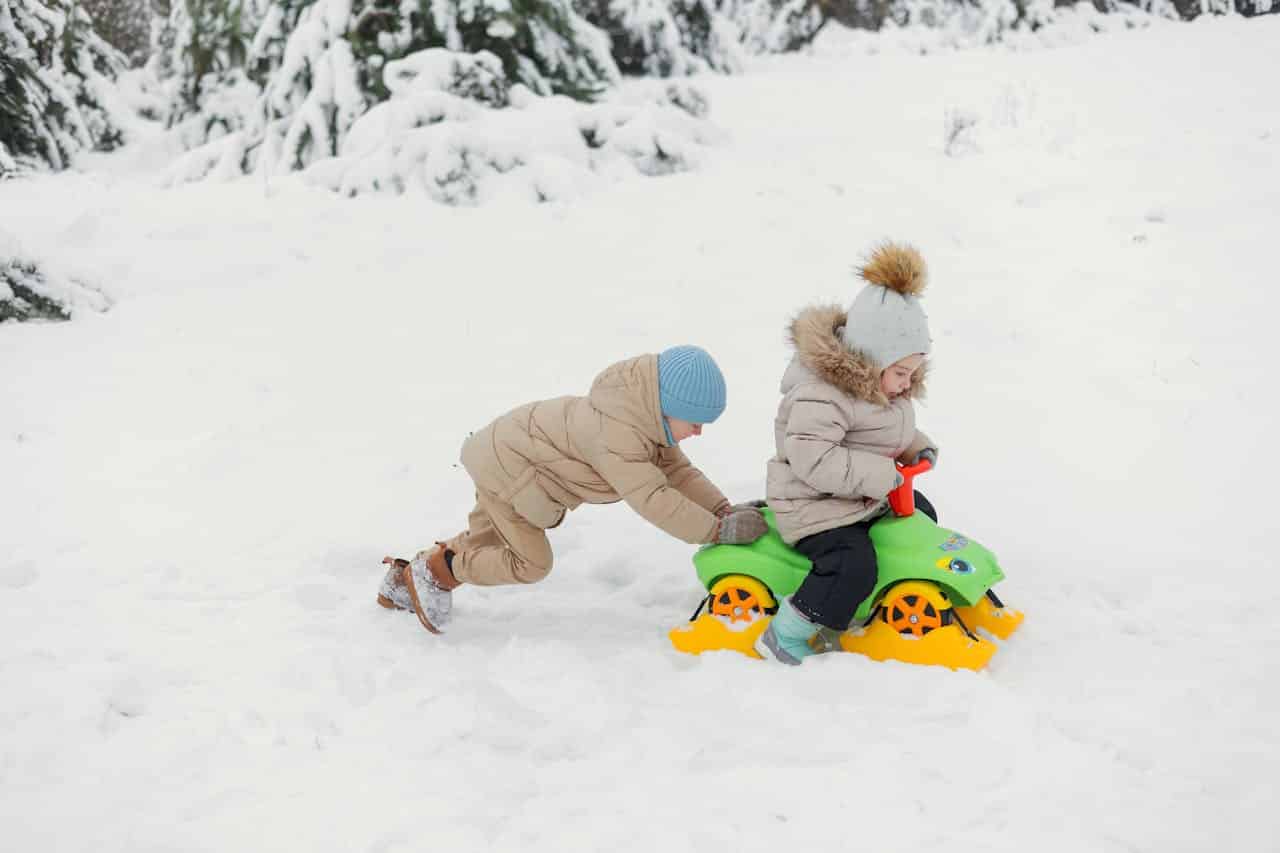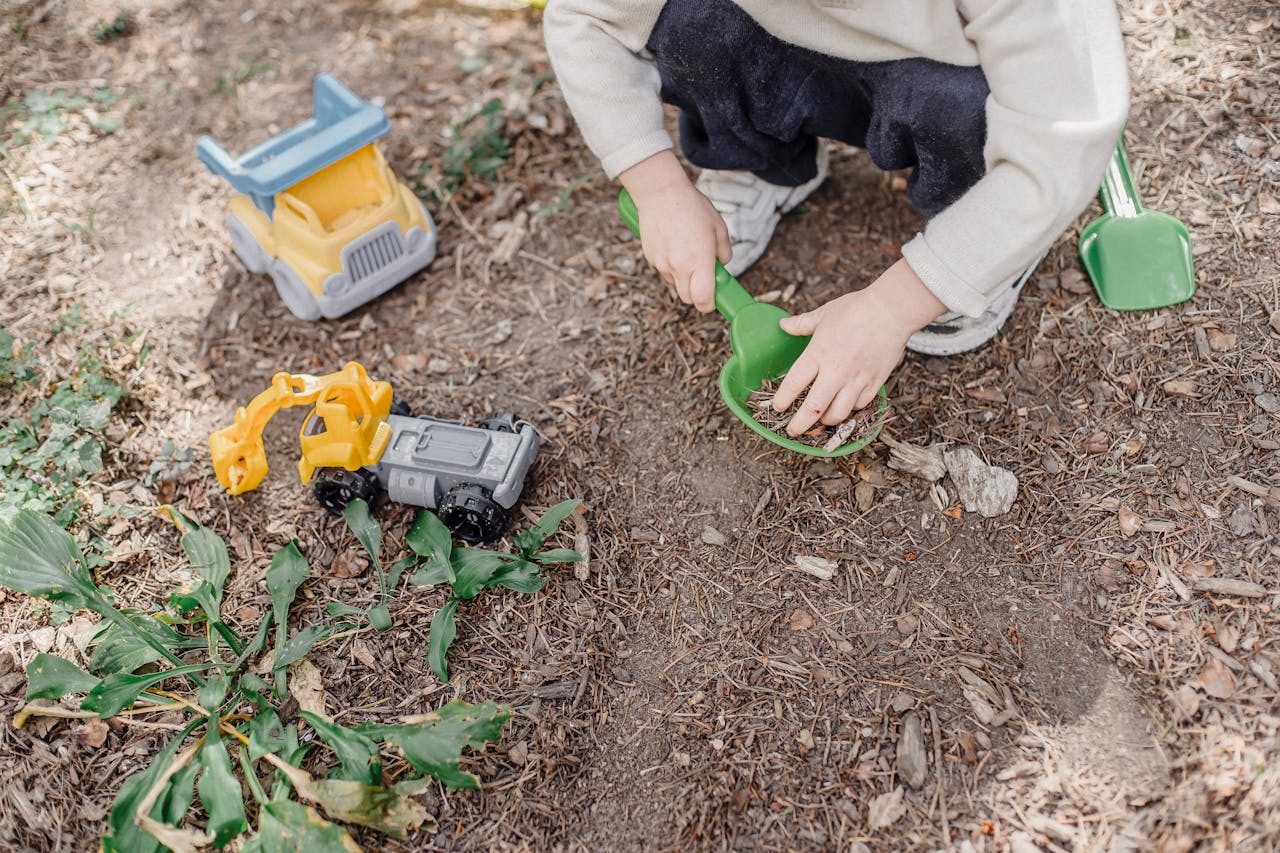For children with autism spectrum disorder (ASD), motor skill development plays a crucial role in their overall growth, affecting everything from daily activities to social interactions. ABA therapy and motor skills are integral in creating structured learning environments that enhance these abilities. To understand why this matters, let’s start with Sarah’s story:
Sarah’s mother noticed her 5-year-old daughter was struggling with everyday tasks that other children seemed to manage easily. Simple activities like holding a crayon, climbing playground equipment, or fastening buttons often led to frustration. These challenges were affecting not just Sarah’s daily routines, but also her confidence and ability to join in activities with other children.
Sarah’s story is not unique. Recent research has shown that 79%-89% of children with autism experience definitive or borderline motor difficulties (Green et al., 2009).
Understanding these challenges is the first step in providing effective support for your child.
Success Stories
“Move Up ABA has been a lifeline for our family. Before starting therapy, our son struggled with daily routines and communication. Now, he’s more independent and even initiated a conversation with a classmate for the first time! The progress we’ve seen in just six months is truly remarkable.”
- Emily R., Silver Spring, Accountant
“As a single dad, I was overwhelmed trying to manage my child’s behavior. The Move Up ABA team not only provided amazing support for my little girl but also taught me practical strategies to use at home. Their in-home sessions fit perfectly with our busy schedule. I’m so grateful for their patience and expertise.”
- Michael T., Rockville, Middle School Teacher
“We were hesitant about starting ABA therapy, but Move Up ABA’s approach put us at ease from day one. Our twins have made incredible strides in their social skills and self-regulation. The therapists are like extended family now, and we couldn’t be happier with our decision to work with them.”
- Aisha and James L., Simpson, Police Officers
Ready to start your child's journey to success? Schedule a free consultation today! 📞 Call (410) 497-8865.
Understanding Motor Development in Autism
Before we explore daily challenges, it’s important to understand how motor skills in children with autism typically develop. Many individuals with autism experience delayed motor development and show unusual body movements that can affect their child’s ability to engage in daily activities. These patterns often emerge early in development, making early intervention crucial for supporting motor skills and overall development.
Parents may notice:
Differences in how autism develops compared to typical motor patterns
Unique ways of moving or coordinating movements
Challenges with motor planning and physical ability
Variations in reaching developmental milestones
Let’s look at how motor skill challenges typically affect daily activities. Meet Alex, a 6-year-old with autism who experiences common motor skill challenges:
Morning Routine:

Struggles with buttoning his shirt and tying shoelaces
Has difficulty holding his toothbrush with the right pressure
Shows frustration when trying to pour cereal without spilling
At School:
Finds it challenging to grip pencils properly for writing
Has trouble keeping pace during physical education activities
Experiences difficulty using scissors during art projects
These everyday challenges affect both gross motor skills (involving large muscle groups) and fine motor skills (requiring precise movements and coordination). While these difficulties are common, with proper support and intervention, children can develop the necessary skills to overcome them.
Given these daily challenges that Alex and many other children face, let’s explore how professional support can help address these difficulties.
The Role of Early Support and Professional Intervention
Before exploring specific activities, it’s important to understand the role of professional support in addressing motor skill challenges. A comprehensive approach typically includes:
Early Intervention Services:
Professional assessment of gross motor skills
Development of targeted intervention strategies
Support for enhancing gross motor skills
Regular monitoring of progress
Occupational Therapy Support:
Specialized evaluation of motor control
Activities to improve motor skills
Strategies for developing gross motor abilities
Support for daily living tasks
The Critical Window of Early Intervention
Early intervention is particularly crucial during the first few years of development. Research shows that children who receive support before age 5 often make more significant progress in:
Motor skills development
Social communication
Daily living activities
Overall physical abilities
What Early Intervention Looks Like

A comprehensive early intervention program typically includes:
Initial Phase (0-6 months of intervention):
Detailed assessment of current abilities
Development of personalized goals
Creation of home-based activity plans
Parent training and support
Implementation Phase (6-12 months):
Regular therapy sessions
Integration of activities into daily routines
Ongoing progress monitoring
Adjustment of strategies as needed
Long-term Support (12+ months):
Regular skill reassessment
Updated goal setting
Advanced skill development
Transition planning for school or other programs
The Impact of Motor Skills on Development
Motor skills development influences far more than physical abilities. Research has demonstrated strong connections to:
Cognitive development and academic performance
Social and communication skills
Daily living activities
Overall well-being and self-confidence
Physical health and physical fitness
Social interaction abilities
Team sports participation
Recreational activities
According to MacDonald et al. (2013), motor skills significantly predict adaptive behavior in children with autism. More recent research by Fears et al. (2021) reinforces this finding, showing that children’s manual dexterity skills in particular were strongly associated with their adaptive behavior scores. This means that supporting motor development can have far-reaching benefits across many areas of your child’s life.
Quick Start Guide: Taking the First Steps
If you’re noticing motor skill challenges in your child, here’s how to begin:
Initial Assessment:
Document specific challenges you observe
Note when difficulties occur most often
Track which activities cause frustration
Simple Starting Activities:
Threading large beads for fine motor skills
Playing catch with soft balls for gross motor development
Using playdough for hand strength
Practice walking on lines for balance
Daily Opportunities for Practice:
Meal times: Using utensils, pouring drinks
Dressing: Buttoning, zipping, tying shoes
Playtime: Drawing, building blocks, climbing
Understanding Motor Planning and Physical Development
As we explore activities, it’s essential to recognize how motor planning affects physical ability and skill development:
Motor Planning Components:
Body awareness
Movement sequencing
Spatial understanding
Action execution
Physical Ability Development:
Gross motor activities
Coordination exercises
Balance activities
Strength building
Now that we understand how motor planning works, let’s explore specific activities that can help develop these skills.
Practical Activities for Supporting Motor Development
Fine Motor Skills Development
Let’s explore activities you can easily incorporate into your daily routine:
Drawing shapes in sand or shaving cream
Picking up small objects with tweezers
Stringing beads or threading pasta
Tearing paper for art projects
Using spray bottles during water play
Gross Motor Skills Activities
Create opportunities for physical movement through:
Building obstacle courses with household items
Dancing to music with specific movements
Playing “Red Light, Green Light” for body control
Rolling and catching balls of different sizes
“Animal walks” (bear crawls, crab walks)
The Role of ABA Therapy in Motor Skill Development
ABA therapy provides a structured approach to developing motor skills through:
Evidence-Based Strategies:
Breaking down complex motor tasks into manageable steps
Using positive reinforcement to encourage practice
Implementing visual supports and clear instructions
Creating a supportive environment for skill development
Addressing sensory processing issues
Supporting body awareness and body control
Enhancing cognitive abilities through movement
Integration with Daily Activities:
Regular routines and everyday tasks
Play-based activities
Social interactions
Physical activities that promote overall physical fitness
Tasks that require fine motor skills
Activities that enhance gross motor abilities
A Collaborative Approach to Motor Development
Success in motor skill development requires a team effort, including:
Occupational therapists
Physical therapists
Healthcare professionals
Parents and caregivers
Teachers and educational specialists
Recreational activity instructors
The Impact of Social Interaction on Motor Development

Social interaction plays a vital role in how children develop and refine their motor skills. Through peer engagement and group activities, children have natural opportunities to:
Practice gross motor activities
Improve social skills
Enhance physical abilities
Build confidence through shared experiences
Tracking Progress and Celebrating Success
Observable Milestones:
Fine Motor Skills:
Successfully using utensils during meals
Buttoning clothing independently
Writing letters and numbers clearly
Completing age-appropriate puzzles
Gross Motor Skills:
Climbing playground equipment safely
Participating in simple ball games
Maintaining balance during physical activities
Navigating spaces with confidence
The Move Up ABA Difference: Our Comprehensive Approach
At Move Up ABA, we understand that every child’s journey is unique. Here’s how we support your child’s motor skill development:
Our Collaborative Care Model
Meet Emily, one of our clients who made remarkable progress through our program:
When Emily first came to us, she struggled with basic daily tasks. Through our personalized approach, we:
Created a structured program that built on her interests
Integrated motor skill practice into fun activities
Celebrated small victories along the way
Worked closely with her family to ensure consistent support
Family-Centered Support
We provide:
Regular progress updates and communication
Practical strategies for home implementation
Resources and training for parents
Ongoing guidance and support
Assistance with both fine and gross motor skills
Comprehensive Motor Skill Development

Our program features:
Engaging activities tailored to your child’s interests
Evidence-based techniques for skill development
Regular assessment and strategy adjustment
Integration of motor skills with other therapeutic goals
Building a Foundation for Lasting Success
Motor skill development is crucial for children with autism, affecting everything from daily activities to social interactions. Through our comprehensive approach at Move Up ABA, we help children build the physical capabilities they need for success in all areas of life.
Whether your child is just beginning their development journey or needs support in specific areas, our team is here to help. We understand that every child develops at their own pace, and we’re committed to providing the individualized support needed for positive outcomes.
Ready to take the first step? Contact Move Up ABA to learn how we can support your child’s motor skill development journey. Together, we can create a strong foundation for your child’s future success.





